Irish Country Living arrives a little earlier than anticipated for our interview with Colin McKee.
“He’s on the tills,” directs one staff member cheerfully, and, sure enough, Colin – recent winner of UK Local Food Farmer of the Year for his farm shop near Newtownards, Co Down – is behind the counter of the store’s 140-seater restaurant which is almost entirely full and it’s not even lunch time yet.
“We’re very fortunate with the business we have,” he says, handing us a menu and an assurance that he will be with us shortly. Up since 5am on the family farm – where he rears approximately 550 cattle a year, with 300 to 350 for the farm shop, and 150 free-range chickens a week – Colin is now on the floor, greeting customers like old friends. Many probably are by now, and the previous Saturday there were queues out the door – not unusual – and the kitchen sent out 680 covers. Yet the restaurant only accounts for 20% of overall business.
It takes time to get your head around the success story that is McKee’s – a country store with its own butcher’s, bakery, deli and even gift shop, where a billboard by the door proclaims: “No food miles, just food inches.”
Here, the ovens run 24 hours a day, the slow-sizzle of meat joints by night making way for traditional sodas and tempting tray bakes prepared daily by a team of 13 chefs.
There are 60 staff in total – 35 full-time and 25 part-time – so outside catering is no problem; they’ve even done a retirement supper for 3,500 guests in Belfast. Their online shop, which is a relatively new addition, stocks over 500 products, both home- and artisan-produced, and they’ve sent their beef as far as Cork and the UK.
But one thing remains fundamental.
“We want to be able to say to our customers: ‘This is our beef,’” says Colin as he and his wife Linda take a seat.
“So many places that expand lose the fact that it was a farm before it started,” he continues. “But people like coming here and saying: ‘We know this is a genuine farm.’”
Diversify To Survive
The McKees have farmed in the Craigantlet Hills since 1922, with Colin leaving school at 15 to work alongside his father on their beef enterprise. He met Linda, a former dental nurse, at church and married in 1996. Neither had a burning desire to be retailers and, like many such stories, the shop started as a way to support two families on one farm.
“When we got married, we were living in a mobile home down the lane,” explains Colin. “We had to build a house for mummy and daddy and we hoped to move in to the farm, so we had to try and add income. We owned 100 acres here and were renting another 50 at that time, so it was either expand the farm or take a job off-farm.”
With little more than £500, they white-washed an old barn, filled it with fruit and veg, put a sign at the end of the lane and then waited.
“There was one car the first day, two cars the second day,” says Colin. “But week on week, we were doubling what we were bringing in.”
Many customers remember the McKee’s eldest son, Isaac – now 14 – in his pram. Having left her job to raise her growing family, Linda began baking for the shop.
“Though I remember thinking: ‘I can’t believe that woman is eating my scones, I hope she’ll be all right,’” she says of her first sale. “I had no confidence.”
But customer demand drove the business. When people asked if they could buy their beef, the McKees renovated the old dairy, killed their first animal and got a local butcher to come in at night. Soon a chef was working in their own kitchen four nights a week, turning out lasagnes, pies and other meals.
“People were even coming in saying: ‘That’s my dish. Will you put a lasagne in it and I’ll let on I made it,’” recalls Colin with a bemused smile.
However, the greatest development came in the mid-00s when, after a lengthy planning process, the McKees were granted permission to build a restaurant. “And as soon as we opened, our business just took off,” says Colin. “We went from 300 customers a week to 600.”
Brave Development
Overnight, however, their shop had become too small to deal with the influx. After returning to the planners, they were given six weeks to knock and rebuild, during which time they continued to trade from a marquee. They made their deadline and six months later extended the restaurant again. Over the course of 16 months, Colin estimates they spent a total of £600,000.
“We tried to get rural development grants but it was too slow and we would have lost the momentum,” says Colin. “But because our bank manager had seen us starting the business and had seen it develop, he was happy to support us.”
The risk paid off – despite the recession, McKee’s has a turnover of £3 million (€ 3.7m), with 30% of business from the butcher counter, 20% from the restaurant, 15% from the deli and the remainder from the grocery lines.
“Though it’s only lately we’re really getting on our feet because we invested that much money,” adds Colin. “But at least now we can see that there is a future here for some of the family.”
Indeed, with Isaac a chip off the old block, the McKees have rented extra land to bring the farm to 400 acres to provide a viable future for him, while they hope the business will also provide opportunities for their younger children, Caleb, Faye and Solomon, if they wish to get involved in the future.
But what has made McKee’s such a success? While both Colin and Linda share a deep faith and believe they have been blessed, they say it’s about getting the fundamentals right.
“It’s not a case of just opening the door, throwing something in the corner and trying to sell it,” says Colin. “You’ve got to give people good produce and it’s got to be coming from your own place. They’re not interested if it’s coming from here, there and yonder. And you have to put in long hours and be there yourself.”
As we walk out of the (still packed) restaurant, a customer calls Colin aside to say how much she enjoyed her visit.
“It’s just like coming home,” she says, with a broad smile.
And maybe it’s as simple as that. CL














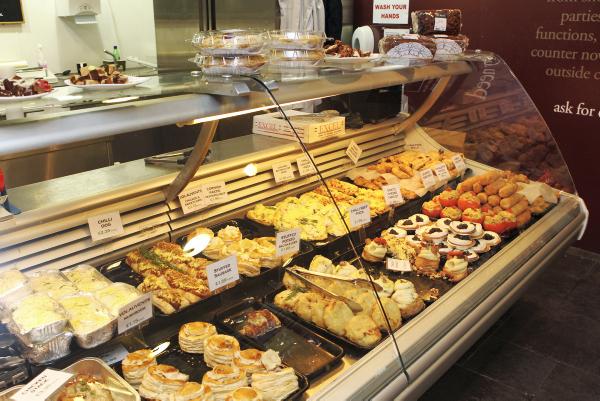
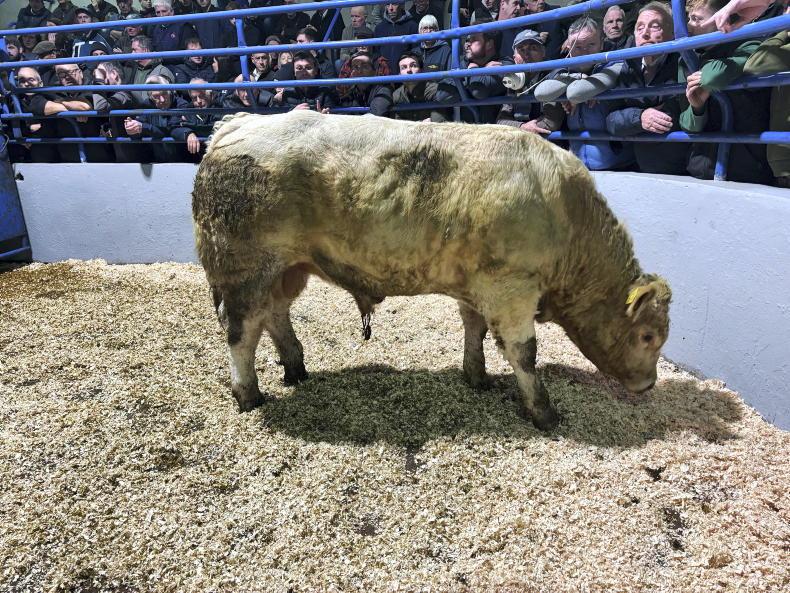

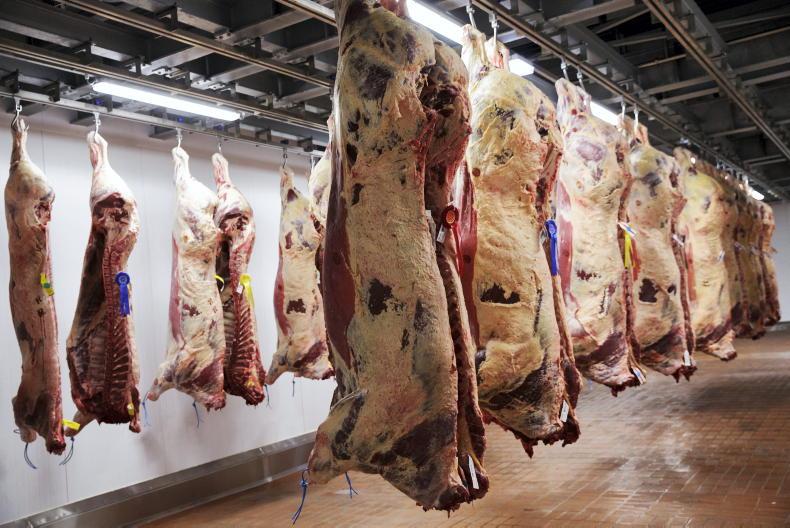
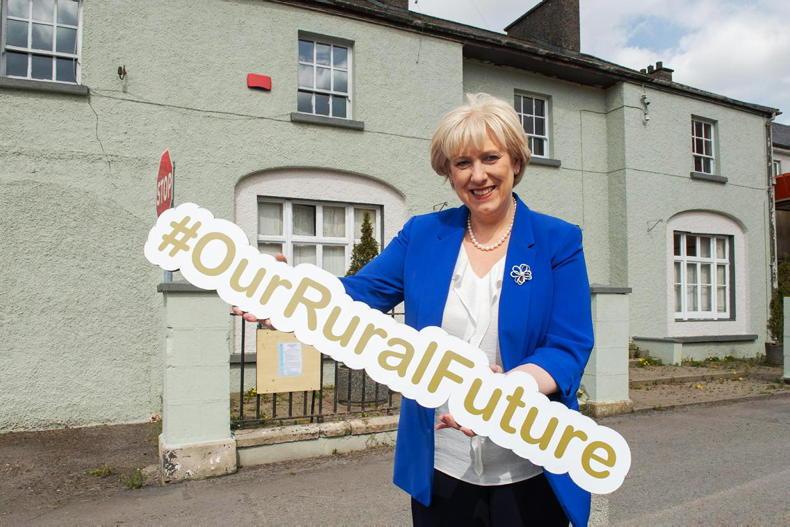
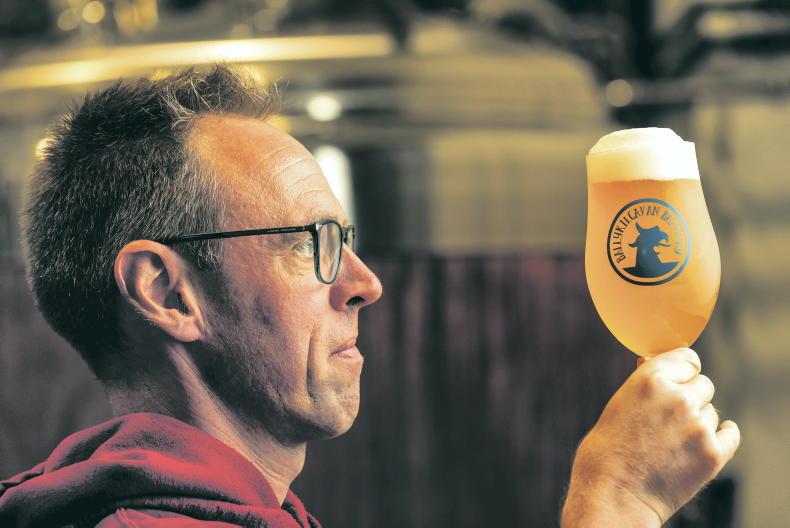
SHARING OPTIONS